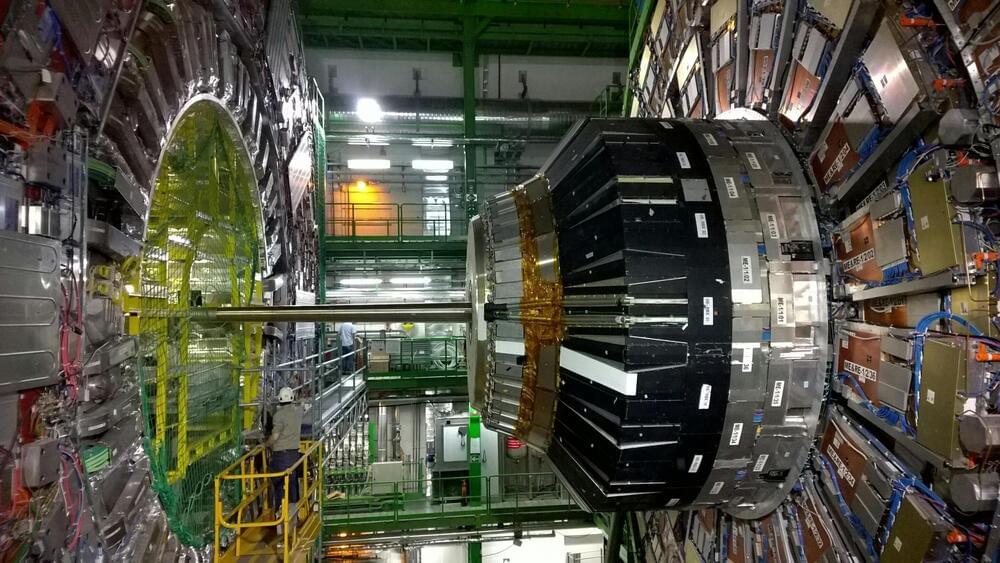Although quantum computing is a nascent field, there are plenty of key moments that defined it over the last few decades as scientists strive to create machines that can solve impossible problems.


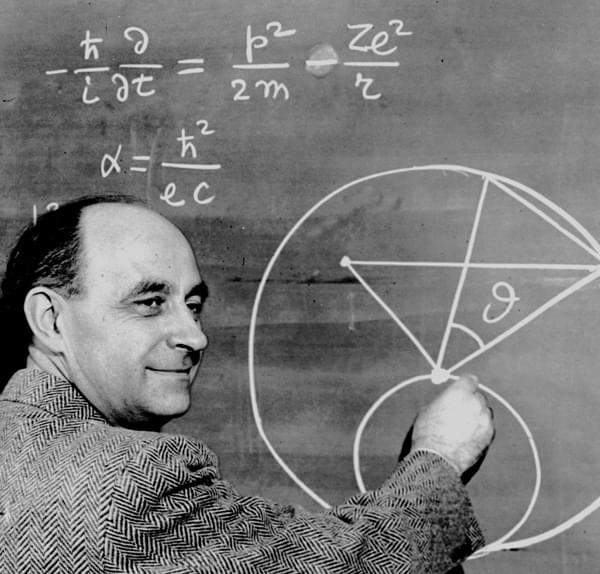
On September 29, 1901 Enrico Fermi ForMemRS was born.
On May 11, 1974, National Accelerator Laboratory was given a new name: Fermi National Accelerator Laboratory. The eponym honors famed Italian physicist Enrico Fermi, whose accomplishments in both theoretical and experimental physics place him among the greatest scientists of the 20th century.
Many visitors to Fermilab reasonably conclude from its name that Enrico Fermi worked at the laboratory, but he never did. In fact, he died in 1954, years before scientists even officially recommended the construction of a U.S. accelerator laboratory in 1963.
In 1938, Fermi won the Nobel Prize for work that eventually led to the first controlled release of nuclear energy. He and his family then left Italy and came to the United States, where he accepted a position at Columbia University. He later moved to the University of Chicago, where he built the first atomic pile in the squash court under the university’s Stagg Field. While there, he continued investigating the nature of particles that make up the nucleus. He was also active in the design of the school’s synchrocyclotron. At the time of its completion, it was one of the most powerful atom smashers in the world.
The rapid advancement of AI-generated content is challenging our understanding of authenticity and creativity, raising significant ethical, regulatory, and existential questions about the future of human-AI collaboration Questions to inspire discussion AI-Generated Content Revolution 🎙️Q: How is Google’s Notebook LM.

Physicists have detected a long-sought particle process that may suggest new forces and particles exist in the universe.
Once in a very great while, an ephemeral particle called a kaon arises and then quickly decays away into three other obscure entities. Whether or not this happens in a particular way has very little bearing on most of us, who will go about our lives without knowing either way. But to physicists who have been searching for this arcane process for decades, it matters a lot; finding out how often it happens could reveal hidden aspects of our universe.

U.S. researchers developed CheekAge, a tool that reliably estimates mortality risk.
Researchers in the United States have created a next-generation tool named CheekAge, which uses methylation patterns found in easily obtainable cheek cells.
In a groundbreaking discovery, the team has demonstrated that CheekAge can reliably estimate mortality risk, even when epigenetic data from different tissues are utilized for analysis.
Epigenetic markers are chemical changes to DNA that don’t alter the genetic code but can affect how genes work. Methylation is one such change, often linked to aging. Scientists use these patterns to create “age clocks” that estimate biological age, revealing how fast someone is aging.
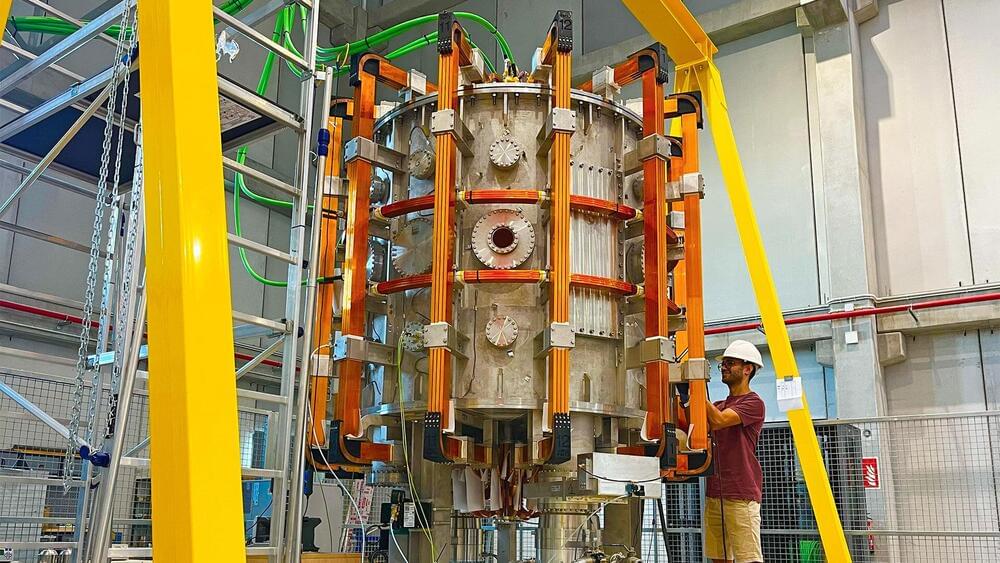
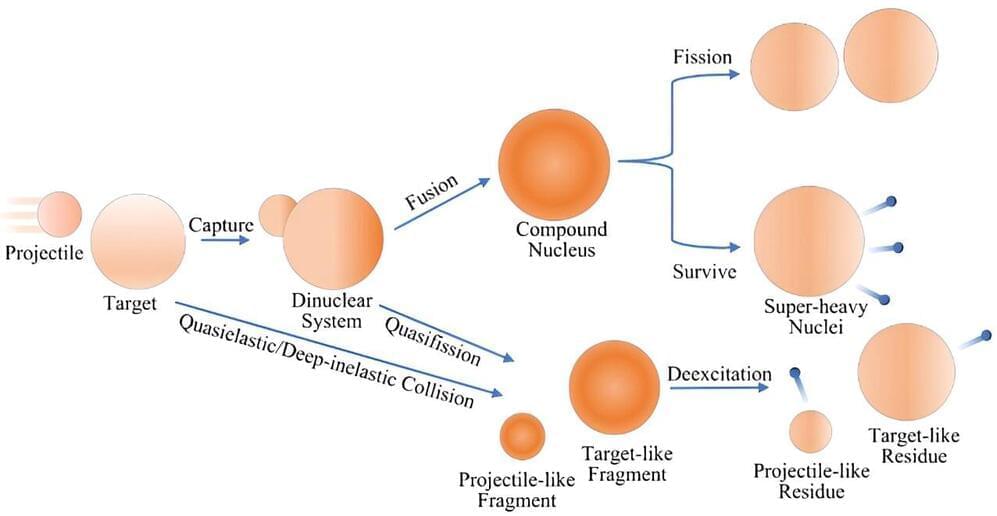
The improved accuracy of MNT reaction predictions provided by this model could facilitate the production of isotopes that are difficult to generate using other methods. These isotopes are valuable for scientific research and medical applications, such as diagnostics and treatments. According to Prof. Zhang, the goal is to keep the model comprehensive yet practical for experimental use.
This development represents a step forward in nuclear physics, contributing to the understanding of exotic nuclei production through MNT reactions. Further refinement of the model may enhance its utility in guiding future research and improving rare isotope production processes.
This research was conducted in collaboration with Beijing Normal University, Beijing Academy of Science and Technology, and the National Laboratory of Heavy Ion Accelerator of Lanzhou.
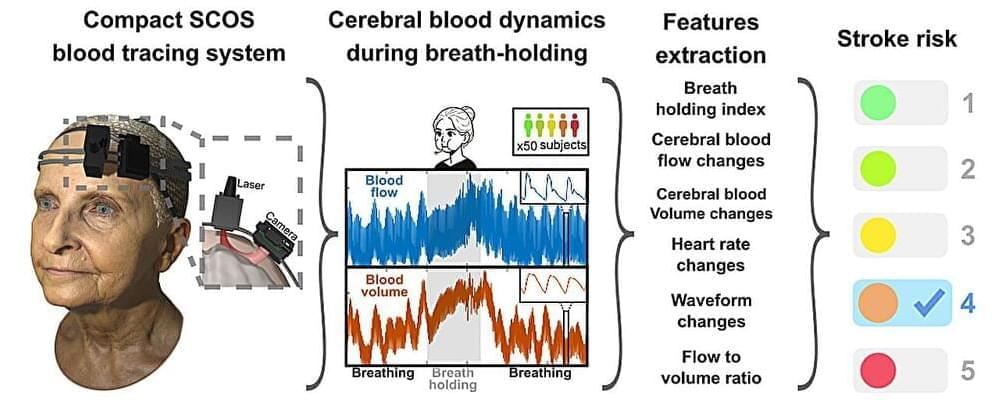
A team of researchers from the Keck School of Medicine of USC and California Institute of Technology (Caltech) have developed a potential new way to measure a person’s stroke risk that is cost-effective and noninvasive, akin to a cardiac stress test. If validated through further tests, the device could transform stroke care, making early detection of increased risk a standard part of medical exams around the world.
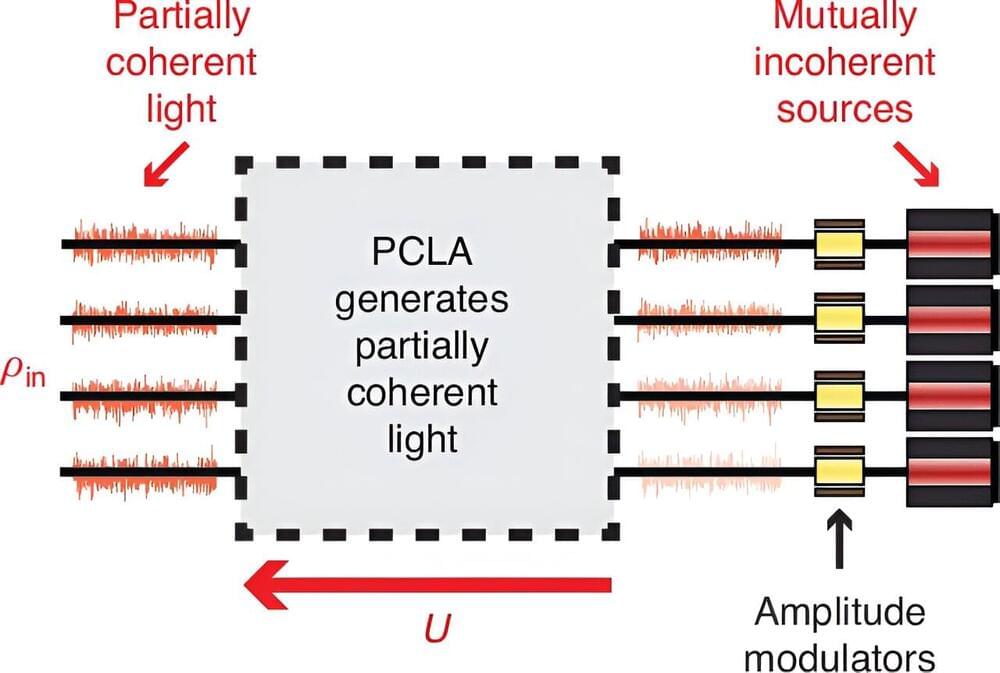
Anyone familiar with optics labs is familiar with the extremes of light coherence: laser beams are highly coherent, producing clear interference patterns used for precise applications like atomic manipulation or precise sensing. In contrast, light from sources like flashlights is incoherent, typically unable to produce such patterns without considerable effort, or at the cost of considerable optical power losses.
